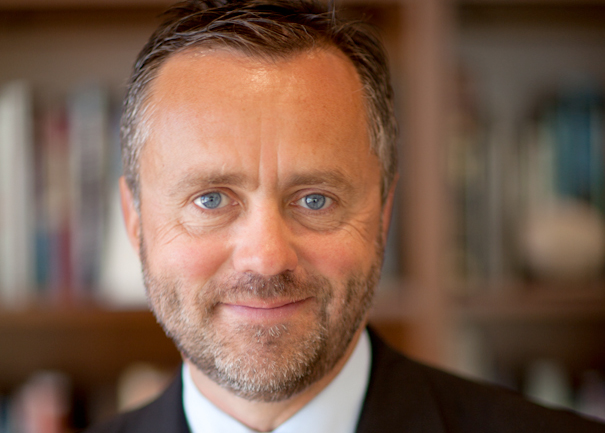On Easter Sunday, I was in Memphis, Tenn., speaking at Fellowship Memphis. Pastored by Talbot grad, Bryan Loritts — who also serves on Biola’s Board of Trustees — Fellowship Memphis is one of the most profoundly multi-ethnic churches I’ve ever attended. The Easter Service was held in the Cannon Center, downtown and a few blocks from the Mississippi River. It was also a short walk from the National Civil Rights Museum, located on the site of the Lorraine Motel. I took that walk later on Easter, stopping to reflect on what happened 46 years ago on the balcony of this motel’s room 306 where Martin Luther King, Jr. was assassinated.
On the one hand, I was walking through the city where King was killed nearly a half century ago. On the other hand, I was preaching at a pulpit where black and white worship as one. Though we have a long way still to go in racial reconciliation, I have seen how far we’ve come. It seemed so right to be standing on the stage with an African-American pastor, a Columbian guitarist, a Nigerian song leader and several women. The worship was beautiful, not simply because of the quality of the musicians or the voices of the several thousand in the congregation. It was beautiful because in a heavenly way the people of God from diverse backgrounds gathered on Easter Sunday to celebrate the resurrected and exalted Christ.
As I returned to Biola the next day, the inspiration lingered from what I saw and experienced in that truly multi-ethnic Memphis church. I began reading that weekend a new book edited by Pastor Loritts, “Letters to a Birmingham Jail.” It’s written by Christians from a range of ethnicities and ages, and it compels the reader to lift high the gospel calling of diversity, of justice. Heaven will look a lot more like Fellowship Memphis than most churches in America today. I want Biola to look this way too.
At Biola, one step we have taken in this direction is the construction of the Mosaic Cultural Center in the heart of campus. One year ago we celebrated its opening, and I look forward to the day when it no longer feels new but is a natural fixture of our campus life. We are getting there. May this space, this center, be a nurturing ground for many to grow to become women and men of influence and deep convictions for justice, mercy and humility.
As a newcomer nearly seven years ago, I sensed at Biola a desire to understand God’s view of the world in all its breadth. I still stand on what I said when I first arrived, challenging myself and challenging all of us to embrace our diversity as a gift from God.
This month, I challenge students to learn more about Asian Pacific American Heritage through activities and events throughout May.
May we celebrate the multi-ethnic mosaic of this campus, and may we increasingly be a community defined by the image of God that is beautifully formed in each of us.







